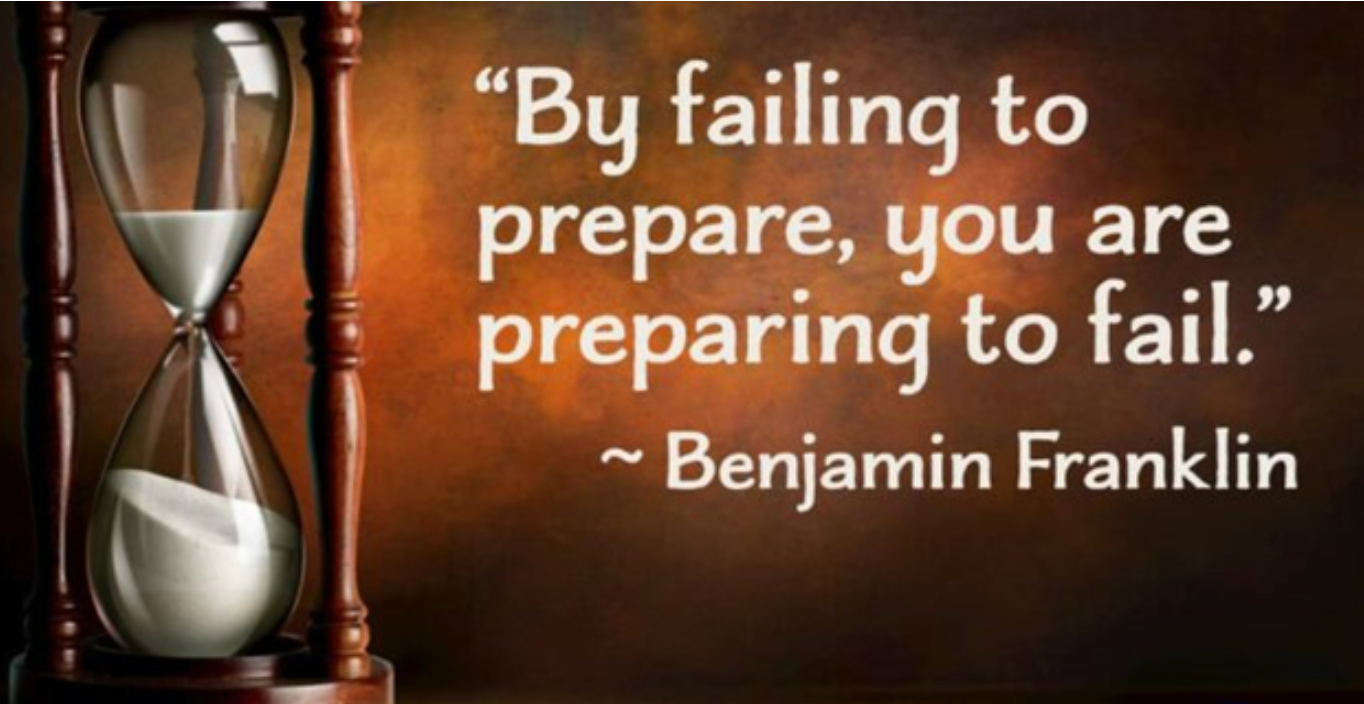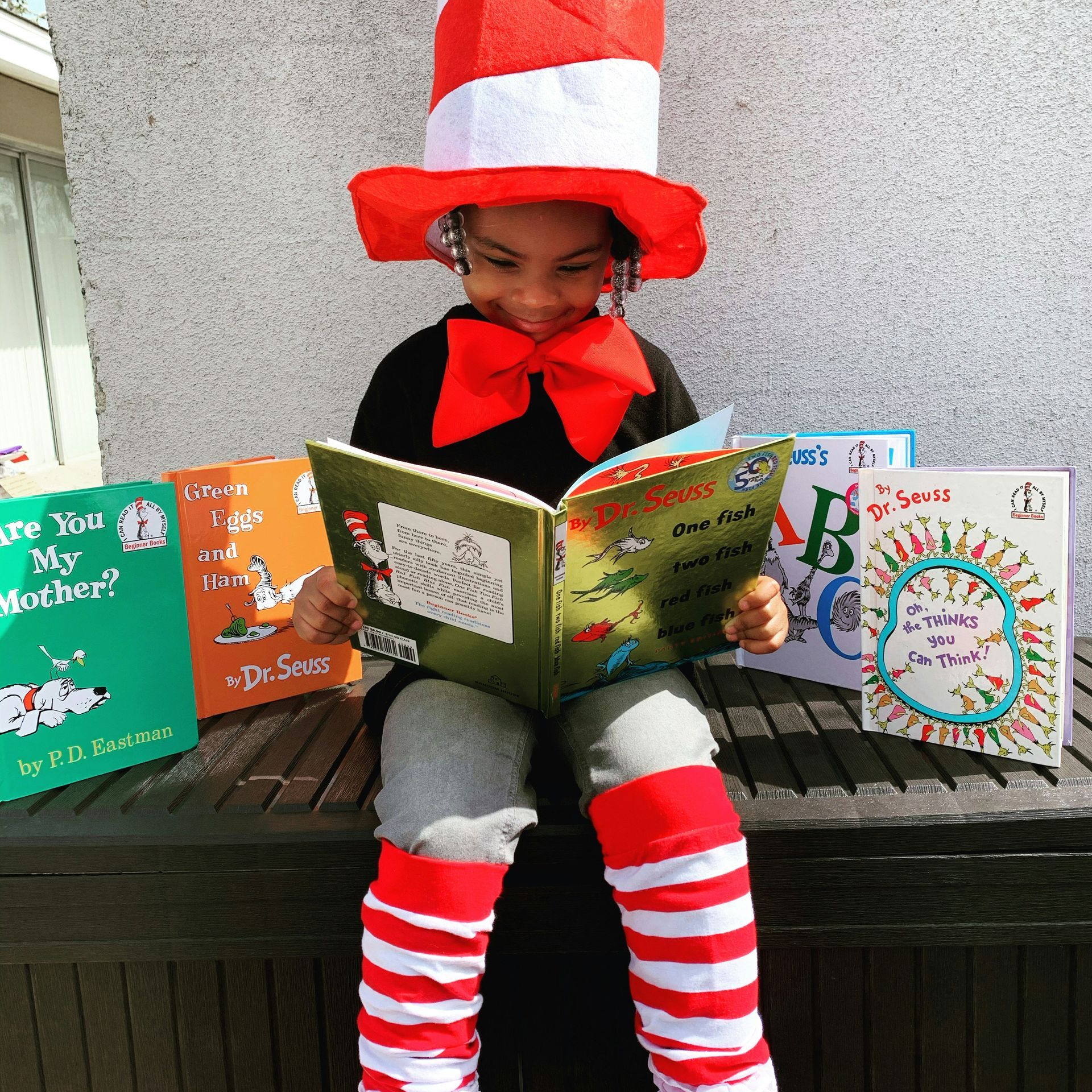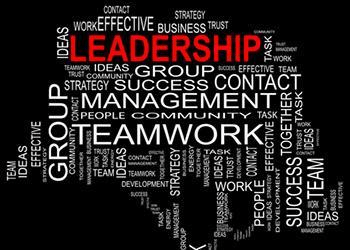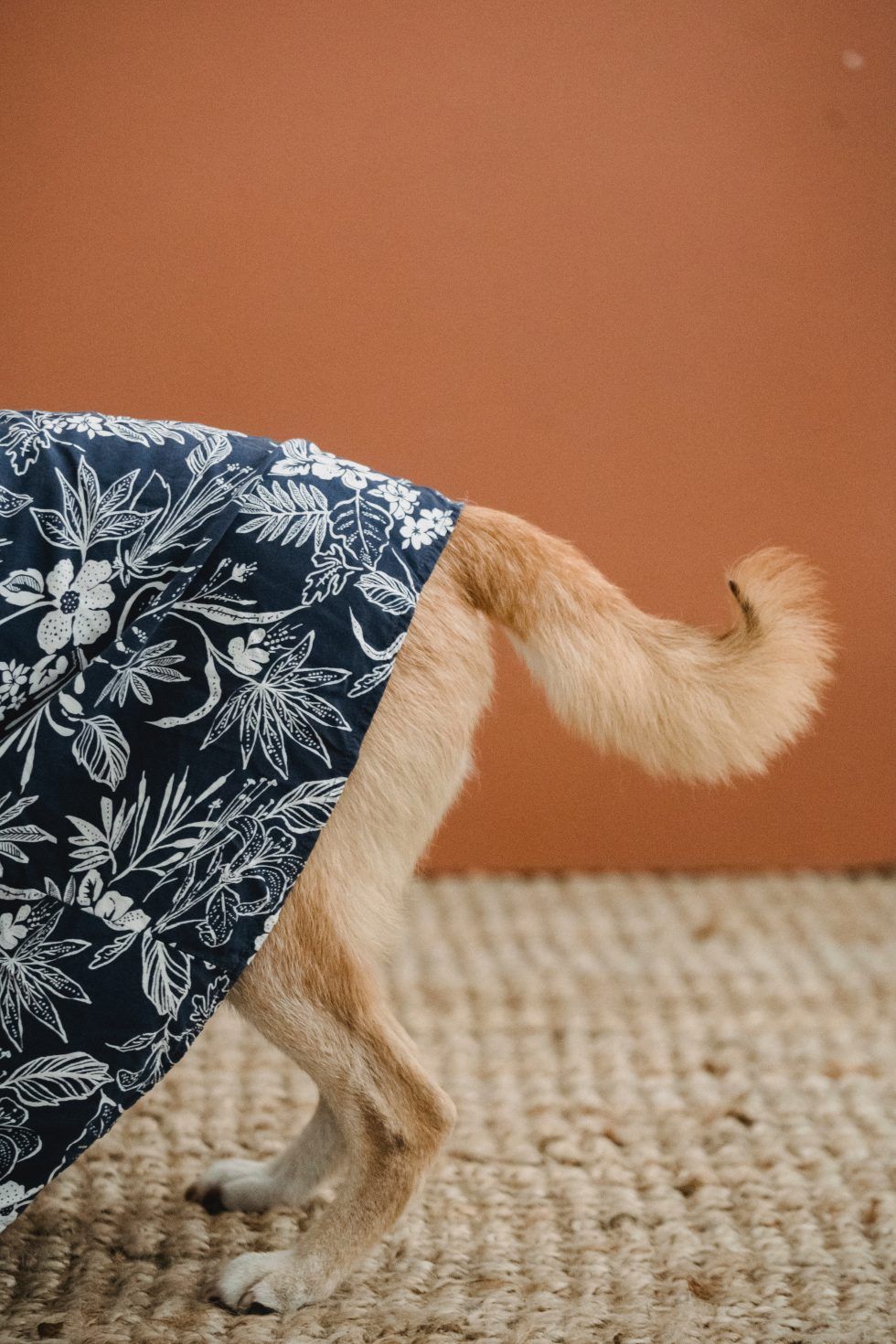Whimsical Wisdom: Grant Writing Storytelling with a Voice for Change
Every child has a hero, someone who inspired vision in them, someone they aspired to be like. For me, as a little girl, I had two heroes- Benjamin Franklin and Dr. Seuss. Although from different times and disciplines, they both taught me invaluable lessons I still use today.
Despite their different fields of expertise - Franklin in politics, science, and invention, and Dr. Seuss in children's literature - they both left a lasting legacy that continues to shape and inspire generations. Both were unique influential philosophers who found purpose and fulfillment through connections to others.
From the wisdom of “Poor Richards Almanac” to the lyrical ingenuity of “Oh The Places You Will Go,” both Franklin and Seuss were storytellers with a voice for change.
Their words made me think and encouraged me to dream. At eight years old, I knew I also wanted to write and tell stories that would encourage people and change the world.
It's fascinating how childhood aspirations can pave the way for unexpected yet fulfilling careers. Little did I know that this passion would one day lead me to a successful career in grant writing. Inspired by the works of two literary giants, I found myself drawn to a path of advocacy and change. So, after a successful 25-year career in non-profit Executive leadership, I was given the opportunity to join the Pathways to Growth Team as a grant writer. Pathways has been a leader in the non-profit consulting arena for many years so to be able to work with the best of the best has been a privilege!
To me, grant writing is a harmonious blend of science and art, where data-driven methodology meets creative expression to produce persuasive and impactful proposals. Sounds impressive, right? So, what did I learn about grant writing from these two? For that, I will start with good ole Ben.

Prepare, prepare, and then prepare some more!
"By failing to prepare, you are preparing to fail." Ben Franklin.
Preparation is key to crafting successful grant proposals for grant funding support, Franklin's words highlight the importance of thorough research, planning, and attention to detail in presenting compelling arguments and evidence to funders and is crucial for success. Preparation means doing thorough research, planning well, and paying attention to details. It's like laying a solid foundation for a building – it sets you up for success by helping you present your case effectively to potential funders.

Know Your Audience.
"An investment in knowledge pays the best interest." Benjamin Franklin
When it comes to writing, it's not just about the words on the page; it's about the worlds they can create, the emotions they can evoke, and the impact they can have on readers. Every story, every piece of writing, starts as something small—a spark of an idea, a few words scribbled on a page—but it's what we do with that raw material that matters. We shape it, mold it, and breathe life into it until it becomes something greater than the sum of its parts. This is especially true in grant writing.
Don’t let anyone tell you otherwise- writing a grant is telling a convincing story. It may involve technical language, statistics, be loaded with inputs and outcomes, but simply put, it is still a story which the funder needs to understand in order to give you the funds to complete your project. Statistics can add depth and credibility to a story, providing evidence and context for the narrative being told. It is important to cite your sources giving credit where credit is due. They serve as the backbone of your story, supporting any organizational growth strategies or measurable outcomes you present. However, it's not just about numbers; it's about weaving them into the fabric of your narrative to enhance understanding and urgency.
Don’t Overthink!
"Sometimes the questions are complicated, and the answers are simple." Dr. Seuss.
Overthinking is the process of making simple things complicated. Grant writers do this all the time. We tend to over analyze questions instead of simply just answering them. While it's valuable to adopt a "funder's mindset," it's essential not to become too absorbed in it. It's easy to get caught up in trying to anticipate what funders want, but it's equally important to maintain clarity and authenticity in your proposals. Striking a balance between understanding funders' perspectives and staying true to your own vision ensures that your proposals are both appealing and sincere.
When you overthink a grant proposal, you run the risk of getting lost in the details, losing sight of the bigger picture, and becoming overly focused on minor aspects of the project. If you are working in collaboration with partners, making sure everyone is on the same page, and clear communication as to what everyone’s assigned role is will help make things more productive.
It’s Not Over Once the Check’s in the Mail.
"Without continual growth and progress, such words as improvement, achievement, and success have no meaning." Benjamin Franklin.
There will be times when you don’t get funded. Various factors, such as misalignment with the funder's priorities or resource constraints, can contribute to this outcome. However, it's valuable to seize these moments as opportunities for growth. Whenever possible, reaching out to the funder to express gratitude for considering the proposal and seeking feedback can provide valuable insights for improving future submissions.
If funding is granted, it's crucial not to overlook the subsequent reporting requirements. Timely and thorough reporting is essential for maintaining transparency, accountability, and compliance with the terms of the grant. Neglecting these responsibilities could result in having to return the funds and potentially jeopardizing future funding opportunities.
How Do You Define Success?
"And will you succeed? Yes indeed, yes indeed! Ninety-eight and three-quarters percent guaranteed." Dr. Seuss
Benjamin Franklin might define a successful grant proposal as the result of hard work, using your skills and good qualities wisely to achieve important goals and improve society
For Dr. Seuss, he would probably measure the outcomes in whimsical ways. Horton would tick boxes by proving he really did hear a Who, Sam I Am would celebrate getting someone to munch on Green Eggs and Ham, and The Grinch? Well, he'd toast to learning the eternal message of Christmas hope and snagging some roast beast while he's at it!
For me, success is simply knowing that at the end of the day, my work with Pathways to Growth allows me to impact someone’s life in a positive way and just like my two heroes, be a storyteller with a voice for change.












